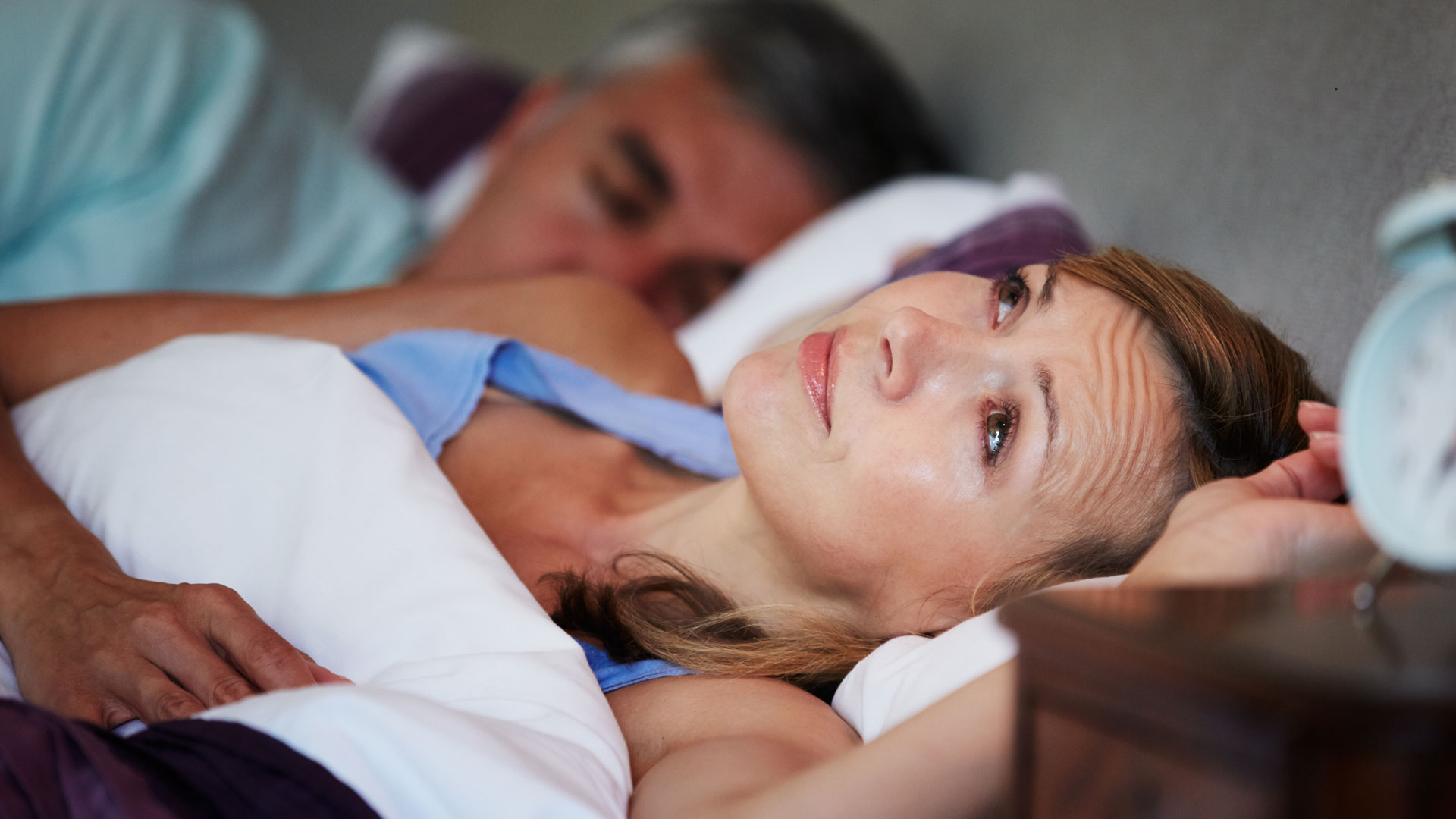Struggling to sleep? Study finds aging could be the reason why
Aging can make it harder to fall asleep, here’s why


Difficulty sleeping? You’re not alone. You may have tried to cut down on caffeine, bought a sleep aid, such as the best diffuser for essential oils or best mattress toppers, or stopped using screens right before bed. But according to research, one factor that impacts sleep may be out of your control: aging.
Sleep changes related to aging happen gradually, and earlier than you might think. A study published in the journal Sleep Medicine Clinics suggests that sleep latency (the amount of time it takes to get to sleep) increases between late teens and twenties, remains constant from age 30 to 50 years, and then increases steadily in the over 50s.
It’s not just trouble getting to sleep that becomes an issue as you get older. The research also shows that as we age, less time is spent in deep, dreamless sleep, and waking up during the night is more common.
Many of these changes occur due to changes in the body’s internal clock. The internal clock controls 24-hour daily cycles, called circadian rhythms. Studies show that as we get older, the mechanisms that control the circadian rhythms become less robust, directly influencing when people feel tired and alert.
How to improve your sleep
The good news is, there are simple steps you can to improve your sleep at any age. Cutting out afternoon stimulants like caffeine and resisting the need for a daytime nap is a good place to start.
Studies found that older people who exercise regularly fall asleep faster, sleep longer, and report better quality of sleep. A review of studies found moderate-intensity exercise programs, with a frequency of three times per week, showed the highest number of significant improvements in sleep outcomes in older adults.
Spending time outdoors really helps too. Sunlight helps your body to produce melatonin, which regulates your sleep cycle. Try to get at least two hours of exposure to daylight every day, but take precautions with SPF. If it is difficult to get outside, consider buying one of the best SAD lamps.
Start your week with achievable workout ideas, health tips and wellbeing advice in your inbox.
Try making changes in your sleep and lifestyle habits to get a good night’s sleep. If that doesn’t help, talk to your doctor to check for an underlying cause of your sleep disturbance.
Catherine is a freelance journalist writing across titles such as Verywell Health, Healthline, The Daily Telegraph, Refinery29, Elle, and Vogue. She specializes in content covering health, fitness, wellness, and culture.
A once reluctant runner, Catherine has competed in 30 running events in the past five years and looks forward to one day running the London Marathon.
